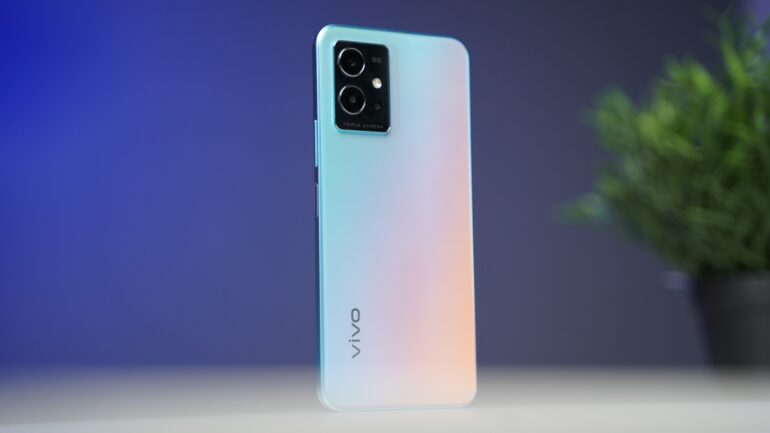TL;DR:
- Vivo introduced its independent operating system, Blue OS, at the Vivo Developers Conference.
- The company also showcased its proprietary large language model (LLM) for enhanced natural language processing.
- Vivo aims to reduce reliance on existing OS like Android, gaining greater control over user experience.
- Chinese tech giants like Huawei and Xiaomi are also exploring independent operating systems.
- Vivo’s commitment to software development highlights its dedication to innovation and user experience.
Main AI News:
In a bold move that shook the tech world, Chinese smartphone titan Vivo unveiled its latest innovations at the Vivo Developers Conference on November 1. Stepping into the spotlight, Vivo introduced its very own operating system, Blue OS, and a groundbreaking proprietary large language model (LLM). This strategic maneuver catapults Vivo into the elite league of Chinese tech giants striving for supremacy in the fiercely competitive smartphone arena.
Blue OS represents Vivo’s resolute step towards independence, reducing reliance on established operating systems like Android. This calculated decision empowers the company with unprecedented control over the user experience, enabling fine-tuned optimization of software and hardware integration.
Complementing the debut of Blue OS is Vivo’s proprietary large language model, a technological marvel that elevates the smartphone’s natural language processing capabilities. This LLM acts as a digital concierge, seamlessly assisting users with tasks, dispensing valuable information, and facilitating seamless communication.
Remarkably, Vivo’s entry into the operating system domain coincides with similar pursuits by fellow Chinese tech giants, such as Huawei and Xiaomi, as they explore independent OS options as alternatives to Android. This trend underscores a growing appetite among Chinese companies to emancipate themselves from foreign technological dependencies and establish self-sustaining ecosystems.
While the finer details of Blue OS and Vivo’s large language model continue to surface, the company’s foray into software development unequivocally underscores its unwavering commitment to innovation and the delivery of enhanced user experiences. As the smartphone landscape continues its relentless evolution, the competition will undoubtedly intensify, leaving us eager to witness how Vivo’s pioneering offerings will shape the industry’s future.
Conclusion:
Vivo’s strategic unveiling of Blue OS and the proprietary large language model signifies a pivotal moment in the smartphone industry. By taking control of its operating system and enhancing user experiences, Vivo is poised to compete vigorously with other Chinese tech giants. This move underscores the increasing drive among Chinese companies to reduce foreign tech dependencies and shape their own ecosystems, ultimately intensifying competition in the thriving smartphone market.

